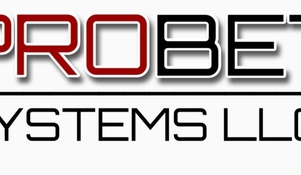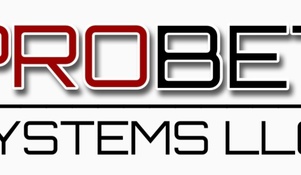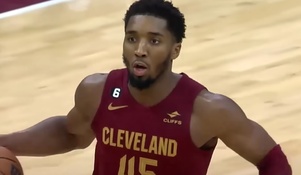Seattle: The Time is Now to Bring Back our Sonics
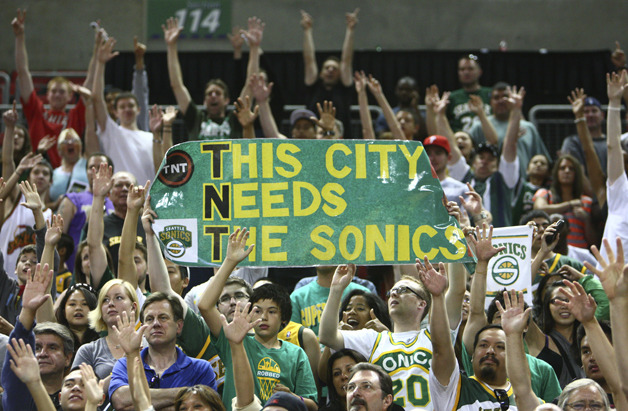
Oh, the Supersonics. You remember them, don't you? If you're a basketball fan you've heard of them, and you can most likely recall witnessing numerous games of theirs on television. It's been so long since they've been around that you probably forgot. But, if you're a Seattle native, you definitely remember the Sonics, and certainly haven't forgotten.
In 1967, the Emerald City was granted with the Supersonics, the first professional sports franchise since the Seattle Metropolitans departed in 1924. The team enjoyed the arrival of Lenny Wilkens who led the team in almost every category and at the time of his retirement, he was second in all-time assists, only trailing the great Oscar Robertson.
Wilkens kept his career in the Pacific Northwest following his playing days, as he returned to coach the Sonics for several years. In the 1978-79 season, Wilkens led the team to the franchise's first and only NBA championship in five games against the Washington Bullets.
The 80s came a bit unexcitedly, but the Sonics quickly picked up the pace in the 90s. Seattle basketball has been remembered mostly by the Gary Payton/Shawn Kemp era that really put the team on the map. Despite a loss to MJ and the Bulls in the 1995-96 Finals, that team enjoyed many seasons of success and still live on as one of the best in history.
The 2000s recreated the 80s drought, but this slump seemed impossible to come out of. Then along came Kevin Durant in the 2008 NBA Draft, who in his rookie season became one of the young bright spots of the league. Then came Russell Westbrook, who despite never playing in a Seattle jersey, was spotted on draft day in Sonics gear. That was because the Sonics were ripped from the Emerald City and went down south to Oklahoma right before Westbrook's rookie campaign.
In 2006, Starbucks CEO Howard Schultz sold the franchise to a group of Oklahoma City investors who pledged their promise to keep the team in the state of Washington. Of course, they were full of crap. After just one season, the ownership put all the marbles in place to ship the team to OKC, seemingly without proposing any realistic attempt to remain in Seattle.
And that was that. After 41 years, basketball in Seattle was gone.
Let's take a moment and reflect on Seattle sports as a whole. The Metropolitans won the Stanley Cup in 1917, but by the 60s, it was hard to remember hockey in the northwest. The Seattle Pilots became the city's first baseball franchise in 1969, but after one season they were relocated to Milwaukee. Thankfully, baseball returned to Seattle, as the Mariners were established as an expansion team in the American League in 1977. And of course, the Seattle Seahawks came about in 1976 also as an expansion franchise in the NFL.
Since their birth in the 70s, both the Mariners and Seahawks have struggled. The M's greatest statistic has been their 116 win season back in 2001, which tied the best record in MLB history. But, to this day, the Mariners still have not won a World Series nor appeared in one. The Seahawks on the other hand came out with a win in Super Bowl 48, and have also appeared in two other championships. Other than that, the Seahawks haven't produced too much excitement through the years.
What the Sonics have done, was produce three NBA Finals appearances with one championship. Basketball also came before baseball and football in the city, which could be a reason for its popularity in the northwest. Time and time again, fans came out to KeyArena not just to support their team, but because Seattle was and still is a basketball town. Think of Jamal Crawford, Jason Terry, Nate Robinson, Marvin Williams, etc. What do they all have in common? Roots in the Pacific Northwest.
Not only were the Sonics the first to arrive in Seattle, but they remained in the city for 41 years. For more than four decades, NBA fans across the globe watched the green and gold take the court. The best moments of their time in Seattle are still replayed everyday and represent some of the best memories in the league's profound history.
So the obvious question at hand: Why are the Supersonics no longer here today?
The reason the Sonics were sold in 2006, moved in 2008, and for the past eight years have not returned is due to the issue of a legitimate arena. Schultz sold the Sonics in 2006 to Clay Bennett and the Oklahoma City investment group because of the controversy surrounding KeyArena, where the Sonics had called home since their arrival.
In the 90s, Seattle put money into renovating KeyArena to meet NBA commissioner David Stern's standards. That was never enough for Stern though, who again pushed for either a KeyArena renovation or new arena proposal in the 2000s. Due to Hurricane Katrina, the New Orleans Hornets temporarily relocated to Oklahoma City as the city recovered from their devastation. In that time, the NBA recognized the solid fan base Oklahoma brought out for the Hornets and the sport of basketball, and therefore realized that Oklahoma City could be a potential target for expansion or relocation.
Once the team was sold to Bennett, Seattle fans saw no way of the Sonics remaining in Seattle and believed Bennett would inevitably take the team to Oklahoma. The only attempt Bennett made to keep the team in the northwest was a potential relocation to Renton, WA. The arena he proposed would cost an astounding $500 million. The city council voted against it and placed their belief in a renovated KeyArena.
It appeared as if Bennett knew that his Renton proposal would fall short, and immediately switched gears to Oklahoma, which was ready for an NBA franchise. Once the Sonics relocation for the upcoming season was announced, the city of Seattle attempted to keep the Sonics in Seattle, with a two-year lease with KeyArena still on the table that would've allowed the city to find a way to build a new arena and ultimately keep the team there. But the city failed the fans by backing out of the KeyArena lease and agreeing to letting the Sonics depart in exchange for certain contributions Bennett would make to the city of Seattle, including improved infrastructure and cash considerations.
Was that truly worth it though? Of course not. And the city knows that now. The SuperSonics should have never left, and basketball should've never left the Emerald City. No one understands that statement as much as investor Chris Hansen does. In 2013, Hansen's investment group came extremely close to bringing the Sacramento Kings to Seattle. But again, Stern stepped in by allowing another investment group to creep into the mix, and along with the NBA owners voting against the relocation, the Kings found a way to remain in Sacramento.
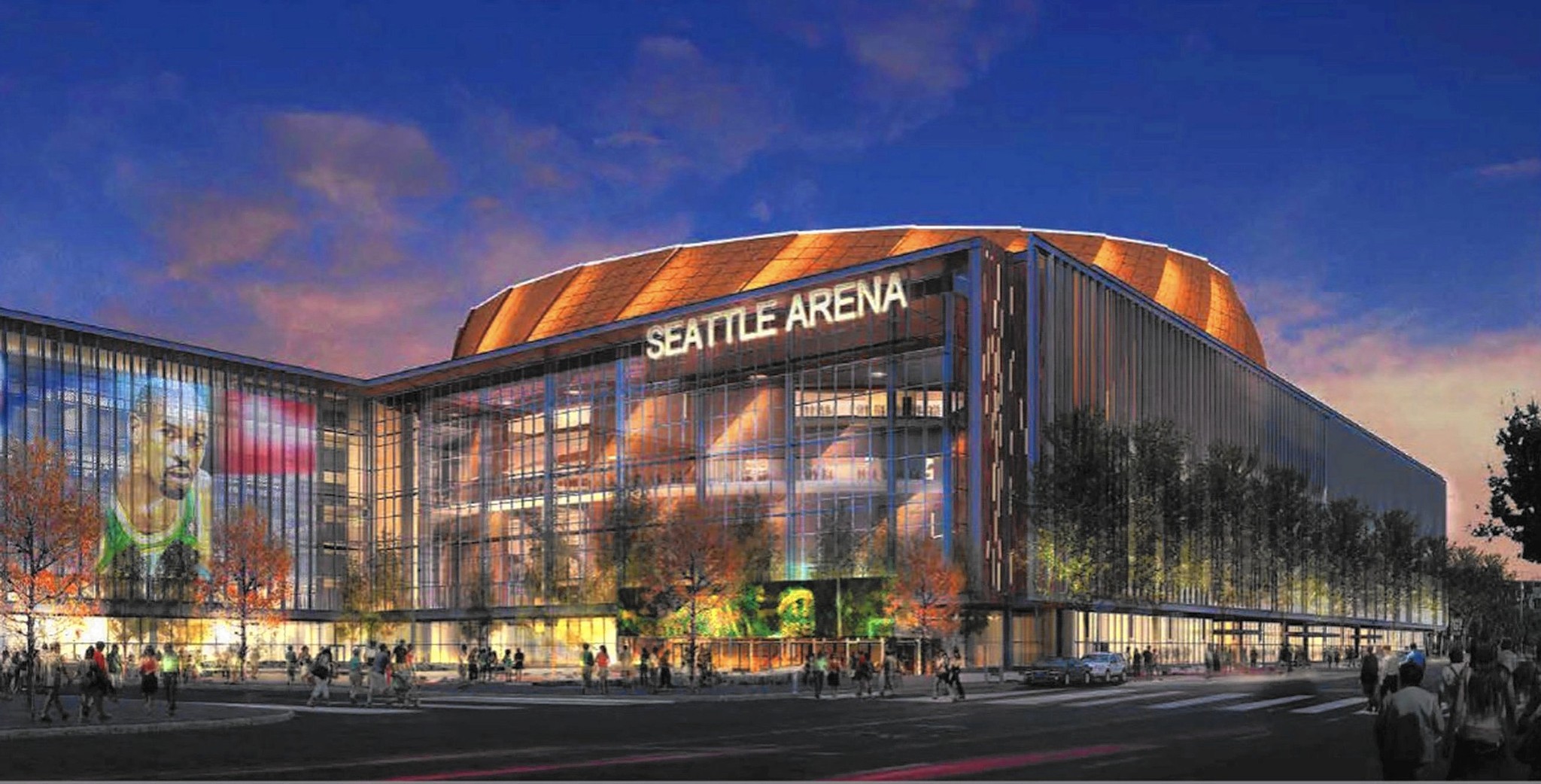
But Hansen to this day has not given up. His group came back strong with a new arena proposal on Occidental Avenune in downtown Seattle, which is located near the Mariners' Safeco Field and Seahawks' CenturyLink Field (pictured above). This arena was not only in attempt to bring basketball back, but to hopefully reel in an NHL team as well. This multi-purpose arena appeared breathtaking and the perfect way to bring the Sonics back. But in May of 2016, the city council crushed the hearts of Seattle's faithful by voting against the arena proposal, in fear of worsening the city's transportation and conflict with the Port of Seattle.
Somehow, the city council still believes in the renovation of KeyArena. It's time they realize that there is no possible way the Sonics will come back to that arena. There's only a certain amount of justifiable money they can put into KeyArena and it still wouldn't contain the aspects of a modern NBA arena.
A new facility is the only way to go, and should be the only way. Seattle deserves a state-of-the-art arena. As all hope was diminished in May, Hansen restored it this October when his group came back once more with a stronger proposal that included paying for the entirety of the arena, along with providing money to improve the infrastructure and transportation of the city near the Port of Seattle and the area surrounding Occidental Avenue.
I was listening to John Clayton on 710 ESPN Seattle the other day, who said, "there comes a certain point where the city just becomes too greedy." Hansen no longer asks of any aid to build the arena from the city, and along with that provides a way to improve the city's biggest issues. For whatever reason, the city council won't go through with any new arena for the sole purpose of there not being a potential team in either the NBA or NHL saying they will move to Seattle if an arena is built. What they don't realize is that process works backwards.
Think of Field of Dreams, one of the greatest baseball films of all time. The main character portrayed by Kevin Costner takes a chunk out of his cornfield to build a baseball field behind his house. "If you build it, he will come," was the voice that spoke to his heart and therefore motivated him to build his field. The "he," character was his father, who Costner wanted to finally play catch with. So he took the leap of faith, knowing he'd lose a portion of his already low income and built the field. Then one by one, baseball legends emerged and strolled onto the diamond to play ball. And one by one, fans showed up each day to watch them. In the end, his father appears, and they finally get to play catch.
For Seattle, the city has to realize the team doesn't come before the arena. We have to take that leap of faith and build a miraculous facility, and soon after a team will come. And then, one by one, the fans will pile inside to watch their beloved team take the court once more.
Earlier this week, Seahawks QB Russell Wilson surprisingly announced his decision to join Hansen's group. “Being a part of the city and just walking around and being around people and seeing people wearing their old-school Sonics hats and old-school throwback Sonics jackets, and just seeing the people, it’s a great city to have an NBA team, and also the NHL,” said Wilson. “I think it changes hearts and changes souls and it brings people together. There’s nothing better than that. I know that from my own personal experience being a professional athlete, but also being a great fan of great athletes and great individuals and organizations. I think it’s a no-brainer to me for why we should fight to bring back an NBA team and an NHL team too. It starts with the arena and it starts with getting the street vacation and doing all that work. It will be a quick process, it will be a state of the art facility, that’s for sure. That’s the exciting part. It will be one of a kind and it will be really special.”
Seeing someone with the status of Wilson joining the investment group and believing in the Sonics return definitely gets your heart racing. He makes a great point on how basketball will bring people together. Whatever team you support, there's been numerous times that you've gathered around the TV with your family and friends to watch and enjoy the evening's event. But for Seattle, it's as if that feeling no longer exists. Yes, we have the Seahawks. Yes, we have the Mariners. Yet it still feels like a piece of the puzzle is missing. When the Seahawks lose a heartbreaker on Sunday, we need a Monday night basketball game to cope with our anger. The traditions involved with every sports franchise lived through the Supersonics and the city of Seattle just as they have with the Mariners and Seahawks. And any organization with such a rich history does not deserve to have it taken away. We need to bring back the winter sport that was there since the beginning.
Action needs to be taken now. Natives of Seattle and basketball fans everywhere: let's get the Sonics back. The past eight years have grown weary on us without the green and gold. We don't just need a team; we deserve one. This city deserves a second chance, and it's time we start to emphasize this. Hansen and his group are doing everything in their power, so let's do our part and give it everything we've got to bring basketball back to the greatest city in the world.
Seattle.

